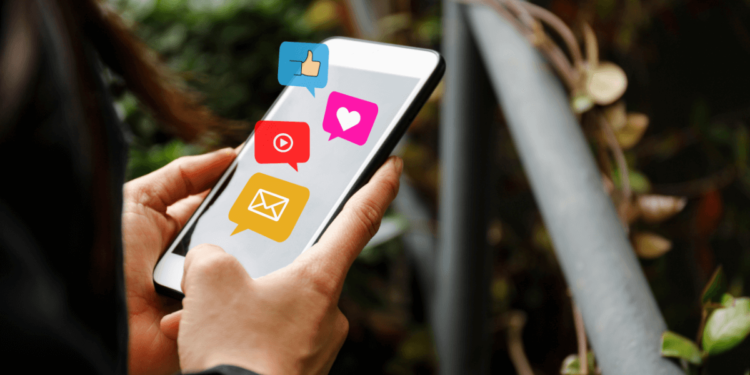Social media platforms have become an integral part of our day-to-day lives, allowing us to share information, connect with others, and discover new information. According to recent statistics, social media users spend an average of 145 minutes daily. If you have a business, social media allows you to raise awareness about your brand and increase sales.
Despite the numerous benefits, it is worth noting that social media may hurt your financial well-being. Every minute you spend scrolling through social media could be making you poorer. Here are some of the ways your addictive use of social media may hurt your financial wellness.
Pressure to Keep Up with The Joneses
Social media platforms have intensified the pressure to keep up with others. As you scroll through social media, you may see your friends showing off their extravagant vacations or celebrities displaying their fancy cars and expensive watches. This may force you to reimagine yourself and purchase costly items or holidays to impress others. Creating a false lifestyle on social media puts a huge financial strain on you – including mounting debt.
Impulse buying
Social media has a major influence on your purchasing decision-making. Specifically, social media advertisements are designed to trigger unplanned purchases that separate you from your hard-earned money. According to a recent survey in the US, nearly 50% of social media users admit to having made an unplanned purchase of an item based on an ad they saw on social media.
Most people (51%) expressed they purchased products seen on social media because they felt the items represented success, wealth, and success. If unchecked, impulsive spending can sabotage your financial goals and lead to debt.
Reputation and employment risks
It’s no secret that social media can sabotage your reputation and employability. Picture this: your potential employer is scrolling through when one of your posts catches his eye. It’s is an inappropriate photograph that may damage the reputation of their business. Today, employers use social media to gather information about candidates beyond the resume or cover letter during the hiring process. Inappropriate photographs, discriminatory comments, and negative comments about your previous employer may deny you the opportunity to get hired.
Reduced productivity
Social media use can significantly reduce your productivity. It’s difficult to perform efficiently at your workplace if you spend the entire night on social or you’re constantly checking updates. Excessive social media use may reduce your attention span. On average, people spend approximately 2.5 hours per day on the phone. This adds up to thirty full workdays every year.
Also, social media addiction is associated with mental health problems, including depression and anxiety. Evidence shows a significant rise in anxiety and depression in youth due to social comparison on social media. Reduced productivity may cost you your job and affect your financial stability.
Tips to Overcome Addiction to Social Media
Quitting social media may not be an option for you right now. Here are a few tips to minimize social media use and its impact on your financial wellness.
Turn off social media notifications
Turning off social media notifications allows you to control your social media use by eliminating the urge to c
heck your mobile device for updates constantly. This prevents you from getting drawn into the loop of scrolling social media.
Set limits
It’s always a good idea to set a specific time to use social media. Ensure the set time doesn’t interfere with other responsibilities or tasks. Maybe you should use 10 minutes of your lunchtime to check updates.
Related: Time Management Skills for Successful People
Freeze the social media apps
Some phones allow you to freeze or mute apps that cause distractions through constant notifications. You can also use third-party apps to keep the constant notifications away. If you’re employed, this can help you focus on your work.
Use a computer instead of phone
If you’re working from home, only access your social media accounts from your computer instead of the phone. This ensures you’re not distracted by push messages and notifications.




